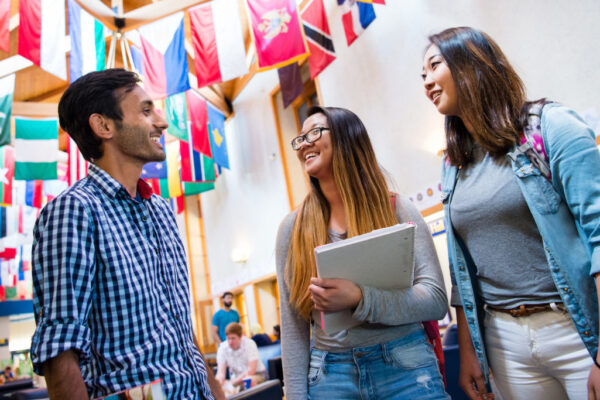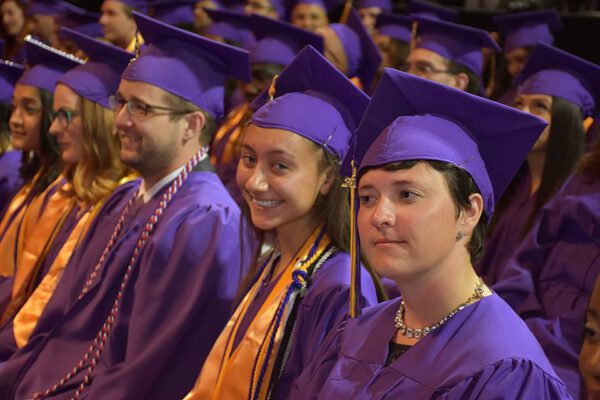NCES Outlines Preliminary Educational and Employment Experiences of Recent Graduates
Source: National Center for Educational Statistics
Authors: Erin Dunlop Velez, Terry Lew, Erin Thomsen, Katie Johnson, Jennifer Wine, and Jennifer Cooney
A report recently released by the National Center for Educational Statistics discusses the preliminary findings on employment and educational outcomes of bachelor’s degree recipients participating in the 2016/17 Baccalaureate and Beyond Longitudinal Study (B&B:16/17).
The report includes figures on the demographics, enrollment, completion, time to degree, and income of recent college graduates. Of those surveyed, 42 percent were first-generation students and 19 percent were married or had dependents. Additionally, 67 percent were employed, with another 12 percent both employed and continuing their education.
The report examines graduate outcomes further based on institutional sector and field of study, with a focus on preK-12 educators, among other factors.
Click here to read the report.
—Ben Schaap
If you have any questions or comments about this blog post, please contact us.

